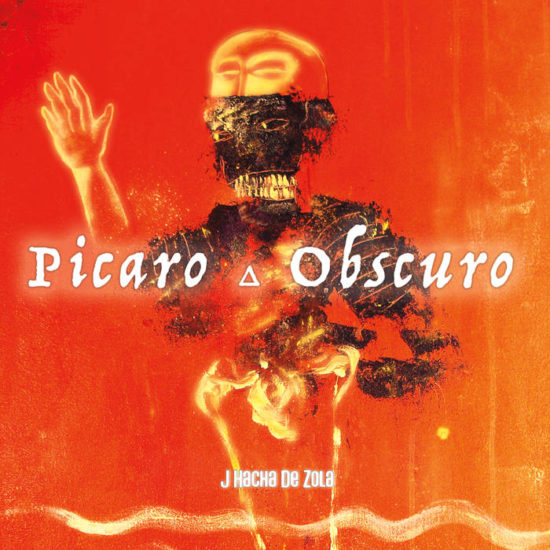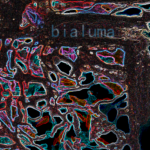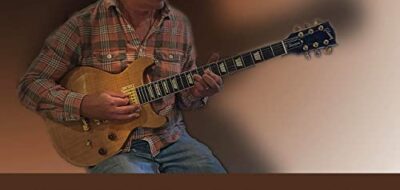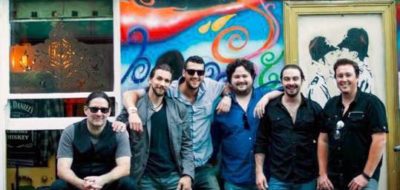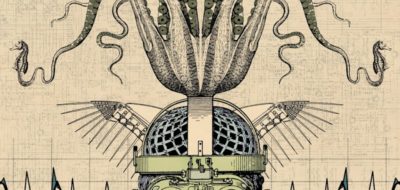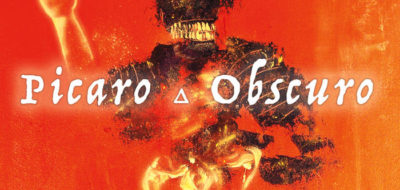Diversity is a great source of creative feel for musicians. It can inspire them to incorporate new sounds into their repertoire and take their music in directions never imagined before. Perhaps no one knows this better than J Hacha De Zola. Hailing from Jersey City, the New Jersey musician possesses an eclectic style as culturally diverse as his hometown. He proved it this past January with his debut album Escape from Fat Kat City. Now, he’s expanding upon his “urban junkyard” sound with his sophomore album Picaro Obscuro, released on August 12.
J Hacha De Zola Makes Original, Indefinable Music
The album’s opener “A Curious Thing” opens with the soulful screeches of a saxophone. They are quickly joined by bouncing drumbeats, clanging cymbal taps, and a vibrant bass line. As it continues, striding guitar riffs and saxophone melodies dance across the song with rich harmony. Combined with the wailing, haunting vocals delivered by De Zola, this sonic mixture creates an eerie yet stirring mood. Past 2:07, a lively saxophone solo emerges alongside a chorus of ghostly moans and harmonica blasts that only add to this track’s eeriness. After the harmonica, the song presses forward until it reaches its hollowing end.
Another notable track is “Bubble Gum.” A robust rhythm is established from plangent bass riffs mixed with ringing drums and cymbals. Meanwhile, buzzing, slashing guitar riffs fill this song with bluesy grooves seemingly pulled straight out of a Southern juke joint. Adding to this bluesy feel are deep, howling vocals from De Zola creeping against the background. The chorus, however, is a series of droning groans that augments the somber tone present. Past the two-minute mark, a rousing guitar solo takes over and carries the song towards its conclusion.
Blues, Jazz, Funk, and Latin Music Rolled Together
The title track, “Picaro Obscuro,” has a clear-cut Latin quality attached to it. Congas and bongos provide a Latin-style dance beat. J Hacha De Zola brings in roaring vocals and a few wild, guttural grunts. Smooth bass riffs and flowing guitar riffs then contribute a funky groove to this song. Juxtaposed to this indispensable groove are screeching saxophones, blaring trumpets, and rattling keyboard chords. They add another layer of immersive sounds for listeners to get buried in. When all is said and done, the song is strikingly reminiscent of Frank Zappa’s erratic style.
“Black Water” begins with austere acoustic guitar lines and echoing moans. Booming drums and cymbals then enter with twangy guitar riffs and reverberant bass riffs accompanying them. This piece also contains sections of flute, saxophone, and harmonica. Along with bellowing vocals, they give this track the feel of an old, woeful Western song. Likewise, “Dead End Street” contains a similarly sorrowful tone. Temperate drumbeats, throbbing bass riffs, and moderate cymbal taps produce a languid rhythm. Rolling on top of it are steely guitar riffs and moody saxophone notes. At the same time, De Zola’s crooning vocals and lyrics like “I wish you loved me” convey plaintive undertones that are both unique yet relatable. It finally ends with a diminishing fade-out.
With his second album of 2016, Picaro Obscuro, J Hacha De Zola displays a motley, diverse sound that merges many musical styles together to form something completely original.



